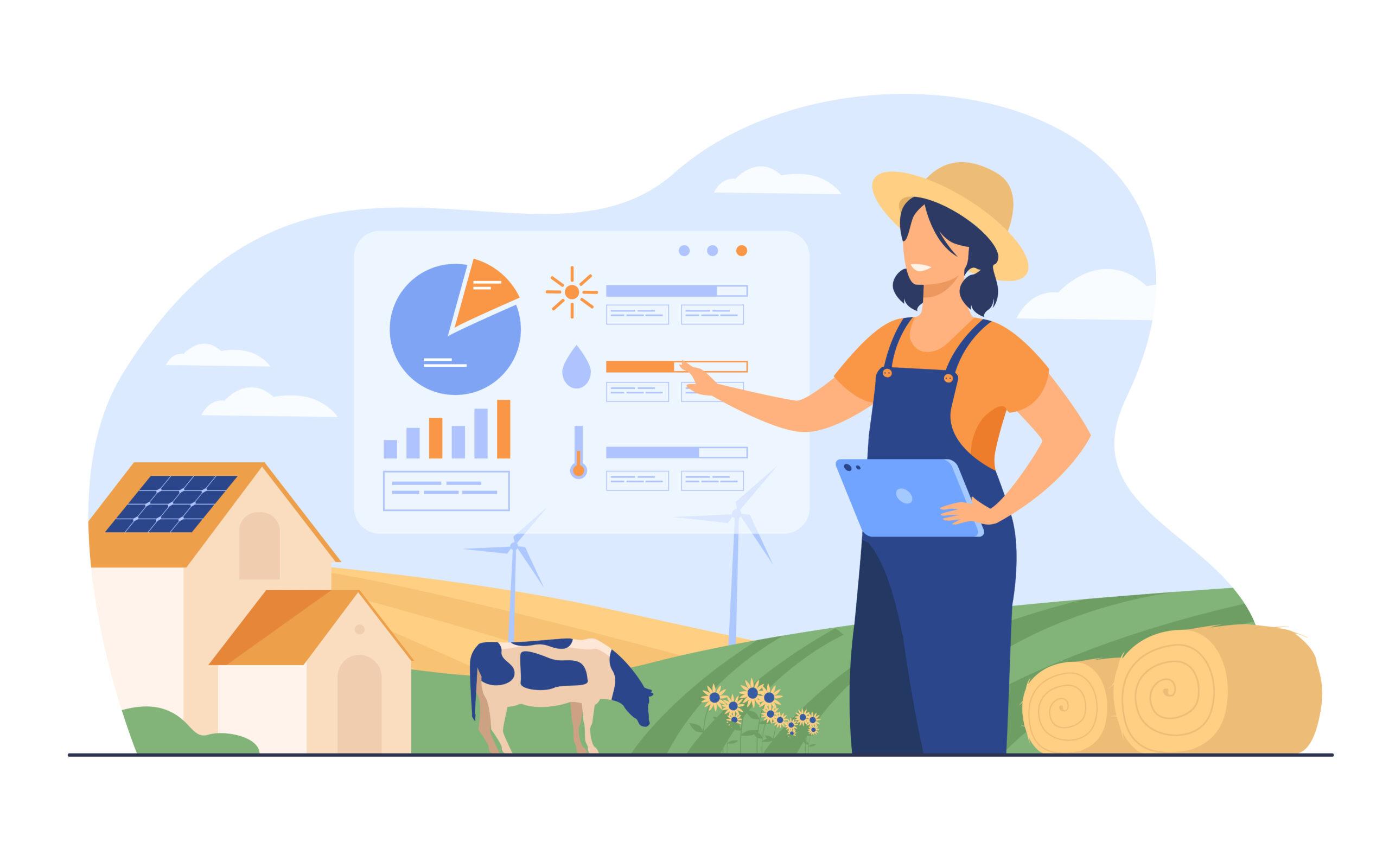
Welcome to our latest Blog post! Today, we want to shed light on an important topic that has
been gaining attention in the agricultural community: the unintended consequences of smart
irrigation on small farmers. While smart irrigation systems are often hailed as a solution to
water management challenges, they can have detrimental effects on the livelihoods of
small-scale farmers. In this newsletter, we will explore the issues surrounding this technology
and its impact on these farmers.
Dependence on Technology:
Smart irrigation systems rely heavily on advanced technology, including sensors, weather
forecasts, and automated controls. Unfortunately, many small farmers lack the necessary
resources and technical knowledge to adopt and maintain such systems. As a result, they
may become dependent on external assistance or face financial burdens when trying to
implement and upgrade these technologies.
Financial Constraints:
Implementing smart irrigation systems requires a significant upfront investment, including
purchasing sensors, controllers, and related infrastructure. The cost of installing and
maintaining these systems can be prohibitive for small farmers who operate on tight
budgets. Consequently, they may struggle to compete with larger farms that have greater
financial capabilities, exacerbating economic inequalities in the agricultural sector.
Complexity and Technical Skills:
Smart irrigation systems often require technical expertise to set up, operate, and
troubleshoot effectively. Small farmers, who may have limited access to training and
technical support, find it challenging to navigate this complexity. They may face difficulties in
understanding the data provided by these systems, interpreting it correctly, and making
informed decisions about irrigation schedules. As a result, the potential benefits of smart
irrigation may not materialize for small farmers, leading to reduced yields and profitability.
Connectivity and Infrastructure:
While smart irrigation heavily relies on an internet connection and a robust infrastructure,
these prerequisites are not always available in rural areas where small farmers operate.
Limited internet access and unreliable connectivity can hinder the functioning of smart
irrigation systems, rendering them ineffective or impractical for small-scale agriculture. This
digital divide further marginalizes small farmers and undermines their ability to compete on
equal footing.
Ecological Considerations:
Smart irrigation systems aim to optimize water usage by providing precise irrigation based
on real-time data. However, the focus on efficiency may overlook the ecological wisdom and
traditional knowledge that small farmers often possess. Small farmers have historically
employed sustainable and context-specific irrigation practices that consider factors beyond
water conservation, such as soil fertility, crop diversity, and local climate patterns.
Over-reliance on smart irrigation systems might undermine these age-old practices,
potentially disrupting delicate ecosystems and affecting long-term sustainability.
As a society, we must consider the impact of emerging technologies on different segments of
the agricultural community. While smart irrigation offers benefits in terms of water
management, we must ensure that small farmers are not left behind in this technological
revolution. It is essential to develop affordable and user-friendly solutions that consider the
unique needs and limitations of small-scale agriculture.
At Mobitech , we are committed to promoting inclusive and sustainable practices in
agriculture. We encourage discussions, collaborations, and innovation that address the
challenges faced by small farmers in adopting smart irrigation systems. By finding practical
solutions, we can work towards a future where technology supports the well-being of all
farmers, regardless of their scale.
Thank you for being a part of our community and joining us in advocating for the rights and
livelihoods of small farmers.
Together, we can drive positive change and create a more equitable and resilient
agricultural landscape.


